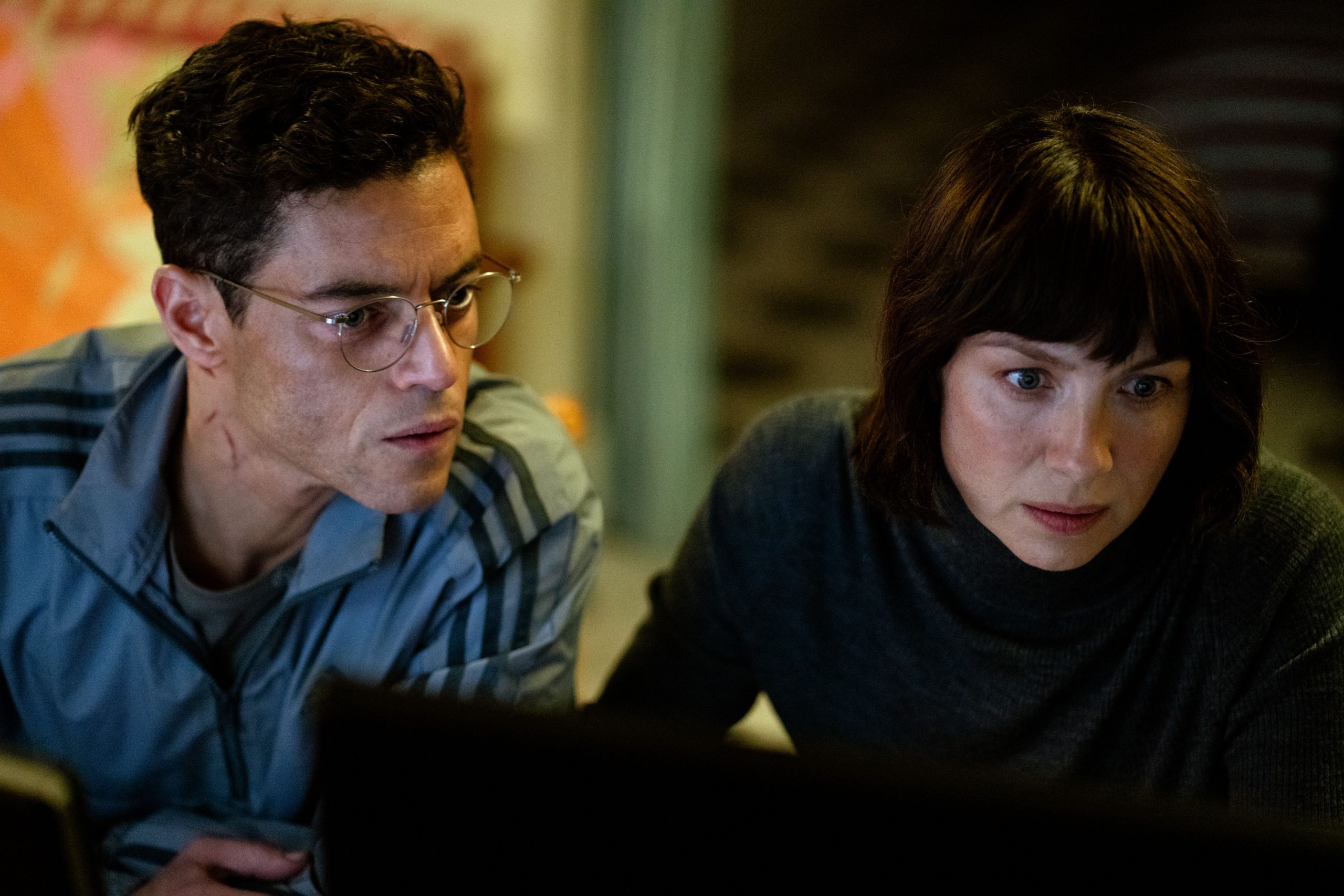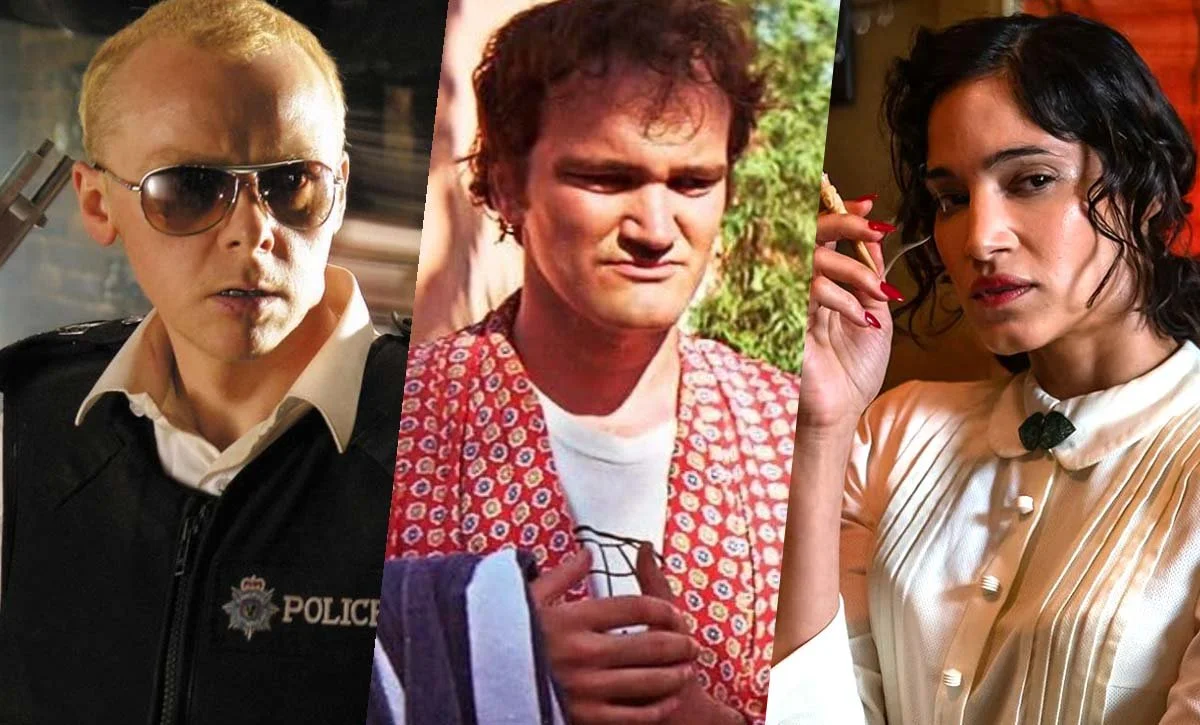Since he burst onto the international scene with the masterful ‘4 months, 3 weeks, 2 days’, undisputed Palme d’Or at Cannes, Romanian Cristian Mungiu is one of his country’s leading film figures. Always with an incisive look at his own country, with a clear sense of social and political denunciation, as seen in ‘Más allá de las colinas’ or, above all, with ‘The exams’, in which he revealed how corruption is from the most unexpected recesses. Now, the director puts the accent the fragile balance of multiculturalism in ‘RMN’, presented in the Official Selection of the 75th Cannes Film Festival and which was part of the Mungiu por Mungiu cycle that the 67th Seminci edition of Valladolid held in honor of the director.
Metaphorical title referring to a nuclear magnetic resonance that is performed on the brain of one of the characters in the plot, “RMN” focuses on the complicated adaptation of Eastern European countries not only in the European Union, but also in a globalized continent and worldfocusing on a social and political reality of some countries that, despite the fall of the Iron Curtain in 1989, still continue with the vices of the old communist system, with the addition of the influence of a Soviet system that doesn’t stop leaving.

Based on this premise, Mungiu makes one of his most ambitious titles, trying to reproduce various themes in a truly complex multi-track game. The result is remarkable, above all because it provides an accurate x-ray of a complicated society like the Romanian one and which, in fact, serves as an example in relation to certain aspects of the Eastern countries that the westernmost block does not understand.
This is why Mungiu, who also writes the screenplay, has the protagonist a scoundrel of the scoundrel, an immigrant returning from Germany to his native Transylvania after an accident at the sheep slaughterhouse where he worked, after receiving a racist and xenophobic insult. That first scene is tremendously graphic about what Mungiu is going to tell, especially regarding the metaphor of the sheep being led to their death by their shepherd.

The return to Transylvania coincides with the breaking of the fragile balance in the area, however the arrival of two foreign workers at the local bakery, which shows the clear racism and xenophobia of a city full of contradictions. Mungiu did not choose a setting at random, since Transylvania is a multi-ethnic place which represents an ideal x-ray for represent the ethnic problems that exist in Eastern Europe and which explain part of the far-right nationalisms that have emerged in these countries in recent years (and which have been engulfed by Russia). You can see the fragile coexistence between indigenous Romanians and others who belong to the Hungarian community that was left behind in the country centuries ago, one of the current vestiges that still remain of the extinct Austro-Hungarian Empire.
Transylvania, a crawl space in the heart of Europe
Despite the fact that, ethnically, they hate each other and the balance of coexistence is similar to a veiled cold war, both communities agree to boycott the hiring of foreign labor (from the Middle East); despite the workers came to the area because no one from the region wanted to accept the vacancies, as the salary is minimum wage. Mungiu thus creates a story with various readings and ramifications.

Yup, there is a harsh representation of racism and xenophobia in the region, which can be extrapolated to the rest of Europe. But Mungiu is not only there, he also exposes a fierce criticism of a country which, despite having a high unemployment rate, refuses jobs because they are poorly paid (you earn more with the subsidy) and these are occupied by immigrants who, despite the very bad condition, need work.
Thus a system is formed in which the workers themselves accuse each other, metaphorically devouring each other, thus leaving the system itself unpunished in a situation in which, in the end, no one wins. In fact, it doesn’t speak well that an unemployed person refuses a job, but it doesn’t speak well that that position has a salary lower than that given by the subsidy. To this, moreover, is added a far from pleased portrait of the current role of man in the territory. Mungiu thus reflects a problem that it goes well beyond ethnic conflicts, transforming its proposal into a reflection of a universal problem.
‘RMN’ is a stark portrait of a Romania on fire, which looks like a pressure cooker that needs to be taken into account when it comes to integrating the Eastern bloc into European ideals. Mungiu, once again, offers a raw and accurate story, reflecting the gradual loss of the humanist gaze on others. A new success in the gaze of one of the most fascinating filmmakers on the current European scene.
Note: 8
The best: Scene of the discussion between neighbors and the administration in the cultural center of the village.
Worse: Mungiu wants to cover a lot, from racism and xenophobia to his relationship with the far right and toxic masculinity. The result is remarkable, but far from rounder.
Source: E Cartelera
Bernice Bonaparte is an author and entertainment journalist who writes for The Fashion Vibes. With a passion for pop culture and a talent for staying up-to-date on the latest entertainment news, Bernice has become a trusted source for information on the entertainment industry.




